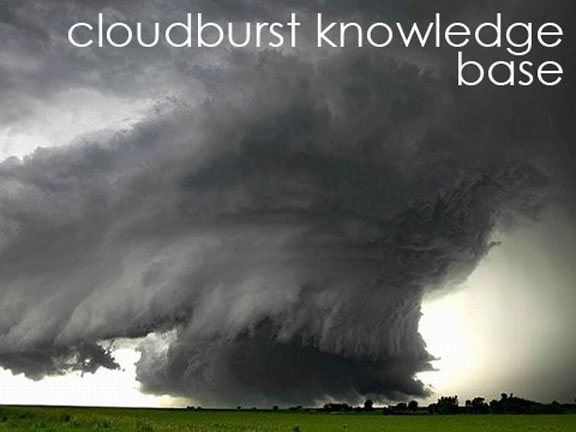Specialized and Effective or Divided and Conquered?
If experience is the teacher of life, then what is a teacher's role within lives of students? Is it to create experience, lay the groundwork for students' readiness to reap understanding from experience or perhaps to generate interest in students to actively engage in experiences for the rest of their lives? The role is probably a combination of these, perhaps with some other duties thrown in to round out the service.
Though sometimes the classroom lends itself more to providing a concentration of distractions, it is still the only venue (for most of us public school folks)in which we will interact with most students. The experience, therefore, must occur there, and if there are opportunities that emerge or that we create outside the classroom for students to engage with experience, that is a tremendous bonus, but not automatically available. Many students have much more on their plates besides school. For some, school is an ill-timed annoyance, and I am not just talking about students who don't like school. I am talking about students who are bright, thoughtful, curious individuals with caring hearts who are inclined toward learning, yet have other demands on their time and energy.
What can we do for them? When will they get to focus on their formal education? In many cases, they may never have that opportunity-- their rivers of life are consistently booby-trapped with rapids that demand solitary concentration just to survive the progress assigned by the current. I have not yet met the person who is able to carefully take and analyze water samples while fighting class 5 whitewater. Do we, then, hold them to the standards designed around expectations of floaters riding calm water? To do so would seem unfair and inappropriate, yet, those expectations are designed to prepare students for the present and future that exists in the world around us. Will not every student encounter some variant of this same world?
It is a conundrum that I have been dealing with lately, as students have chosen to share things in their lives with me; things that clearly prevent their full engagement in school, and in some cases, prevent their attendance. They feel a need to explain to someone, someone who might care, someone who may have formed the wrong opinion of them because of the missing back story. The suggestions I have received from others regarding how to handle these confidential disclosures include passing the confidential knowledge along to counselors (which is appropriate or even the law in some cases) and asking students to come in to talk during my planning period. These seem like correct, protocol-compatible approaches, but many times little is accomplished. Sometimes, the concern goes to a counselor, and I never hear back, yet the problem continues in obvious barrier to learning, at which point, I have partially tied hands to address the situation to avoid treading on ground officially, if not legally reserved for other types of trained professionals. It seems like a bureaucratic dissolution of students' lives, addressing their very real, very affective circumstances through a system of contacts, components of which do not necessarily integrate very well with one another.
My thinking is that such a system needs to be closely woven, not a system of deferred responsibility. We teachers are experts on youth, if from a different practical approach than counselors or parents or even administrators. Considering this, I think our input should be involved in helping students balance forces in their lives, rather than used only as initial observation and raw data for potential external follow up. We see what works with all types of students in the classroom, which is but a component of students' daily lives. I think that should count for something. Until I find a way to blend (blur?) the boundaries between professionals working with the same students, I will follow my prescription, written on the 504s and IEPs. In the meantime, I will work with students and still search for what works, and I'll keep sharing that with others, whether they are interested or not.


